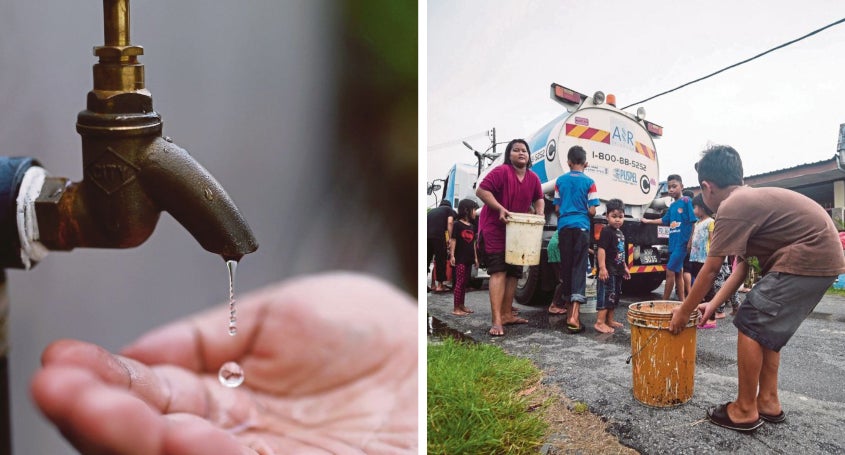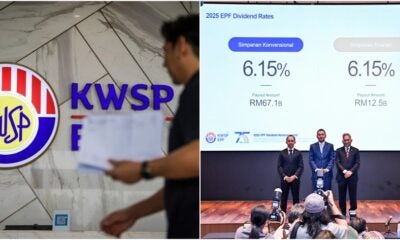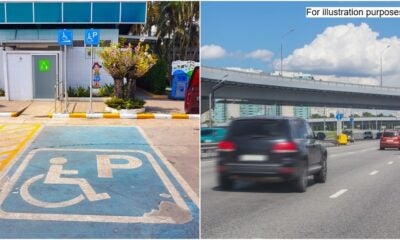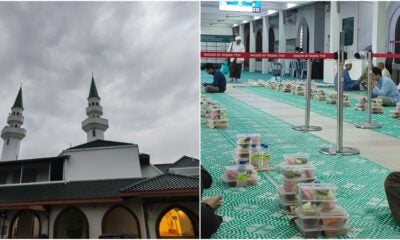“Please save electricity, it’s very expensive”
A line we hear ever so often at home, at the office, at school, wherever it may be. However, stop everything you’re doing right now, and ask yourselves, how many times have you heard the same line for water instead? How many times have you been reminded or reminded yourself, to save water? And how many of those times have you failed to do so?

According to an article by NST, we have 189 river basins, we get an annual rainfall of 3,000mm, which contributes to an annual water resource of 900 billion cubic metres, and we have easy access to seawater. With resources like that, we should not be experiencing water shortages, cuts or rationing. But we are and it’s getting more frequent.
WORLD OF BUZZ sat down with two esteemed members of water NGO, Water Watch Penang (WWP), to talk about all things water today, and boy did they hit the bulls eye!
Malaysians believe water is a renewable resource
“Many Malaysians believe that water is a renewable resource and that shouldn’t be the case in light of today’s climate crisis, not only in Malaysia, but around the world”, said Senior Facilitator and Life Member of WWP, Dr Hong Chern Wern.
He noted that although water is incredibly cheap, water catchment areas such as forests and rivers have been badly abused by humans. Based on the statistics provided by WWP, the daily water consumption benchmark set up the United Nations is 165 litres per person per day (SPAN).
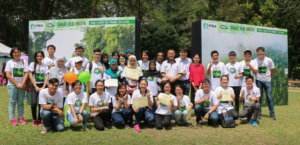
In a report by FMT, the UN noted that 165 litres of water is enough to meet a person’s basic daily needs, such as showering, washing, and drinking. However, statistics have shown that the average Malaysian uses about 210 litres per day, which is 27 % more than the UN recommended amount (SPAN). Based on that, each Malaysian wastes 45 litres of water per day or 16,425 litres of water per year.
Do Malaysians care?
According to other WWP member and President, Professor Dr Chan Ngai Weng, many Malaysians do not care enough for water for various reasons. The main being low domestic water tariffs that are charged in every state throughout the country.
![]()
“I blame this squarely on the politicians who are afraid to revise the low domestic water tariffs”, said Prof Chan adding that low awareness, poor understanding and negligible commitment toward water conservation is another reason why.
“Our education curriculum in the schools does not have a thorough environmental education subject or module, much less a water subject or module. Currently, it is entirely left to NGOs to educate the school students and public about environmental and water education. But NGOs are severely handicapped without jurisdiction, enough funds, resources and expertise to carry out these important tasks. Hence, the students our school system produces are poor in terms of environmental and water education”, he noted.

Finally, it’s because of general water apathy. Malaysians would go out of their way to conserve electricity, phone bills, petrol or expenditure on food. This is because their monthly bills for these expenditures are high and it appears worthwhile for them to save on them. However, few would save water in order to save just a mere few cents.
How to change?
Although it may be a long and hard road ahead, there are a number of ways that Malaysians can be coaxed to change. For one, the mass media plays a huge role in disseminating water information and messages. Having specific water conservation documentaries and web-series on how water is so limited in so many countries world wide, can help us further understand the importance of water and the severity of water wastage.
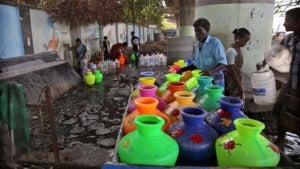
Besides that, Prof Chan also noted having an event like “No Water Day” would be a good move as well. It is asking the water service provider to cut off water supply for a day as a means to create awareness on the necessity of water in our daily lives. Malaysians would be able to prepare a day before by collecting the water they need but at the same time, realising that what they do have is scarce and therefore valuable.
Planting a seed in the young is another way to go about the matter. Inserting a study module on water into Science, Geography and Moral Studies subjects in the school curriculum would help to cultivate saving water practices at a young age.
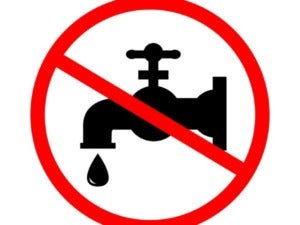
Saving water amidst Covid-19
Now more so than ever, many are being urged to wash their hands and stay clean. However, despite the increased usage of water, you can still save. According to Malaysia’s health ministry (KKM), the guideline to washing your hands are these:
- Wash your hands with enough soap and water
- Scrub your palms
- Scrub your fingers and in between them
- Scrub beneath your nailbeds
- Scrub the back of your hand
- Wash your hands with enough water
- Dry your hands with a clean cloth
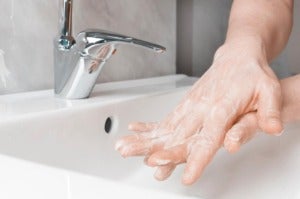
By exactly following those guidelines, all you need to do is be sure to have the tap switched on slow but sufficient at steps 1 and 6, switched off during steps 2 to 5 and closed tightly before step 7. That way, you’re free from Covid-19, and from damaging the planet.
According to UN’s Sustainable Development Goals (SDG), water is goal number 6. It is an extremely important measure that we often overlook because we assume we have so much of it. However, as expressed earlier, despite it being a renewal resource, nothing lasts forever, and on top of that, there exists so many other countries in the world that have little to no water at all. Seeing the fact that we are lucky enough to not face the same fate, let us pledge to be better Malaysians, and learn to save more water for the sake of our planet.
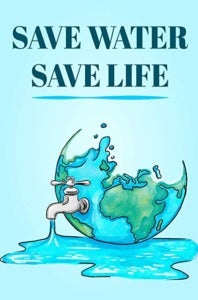
Also read: Face Masks, Gloves And Sanitiser Bottles Are Now Found Polluting Our Klang River

